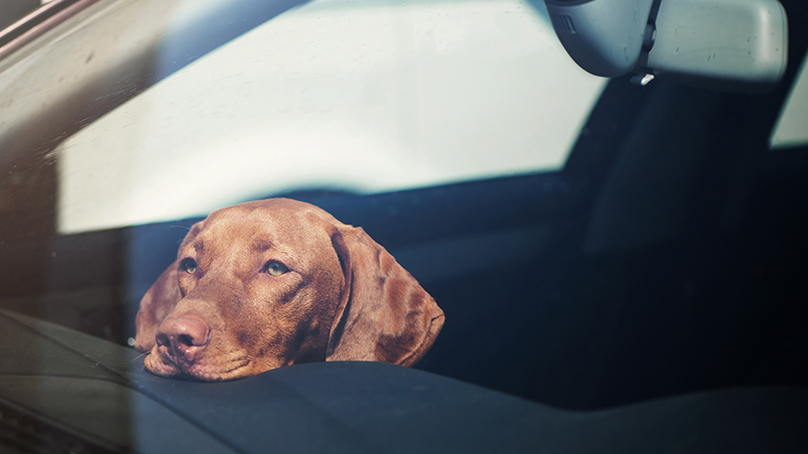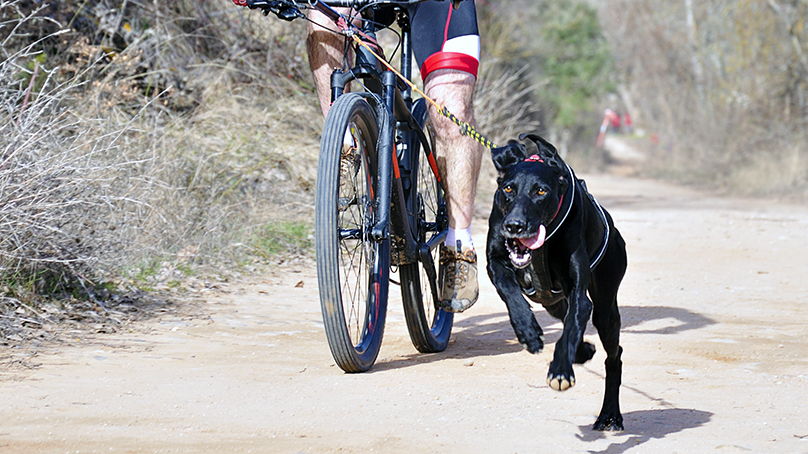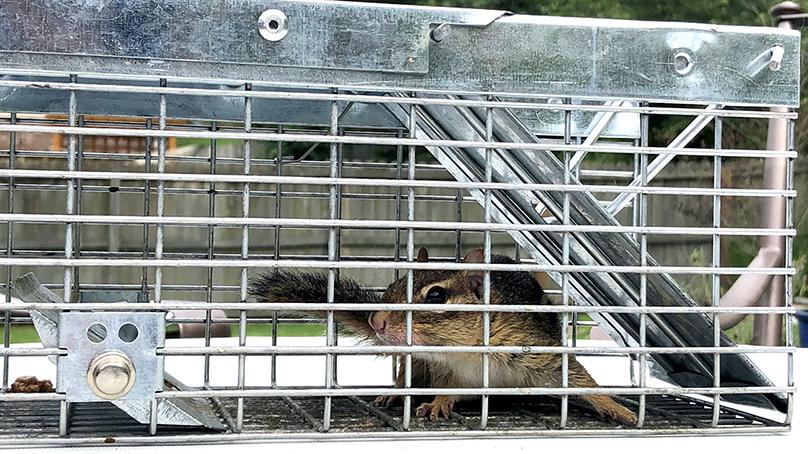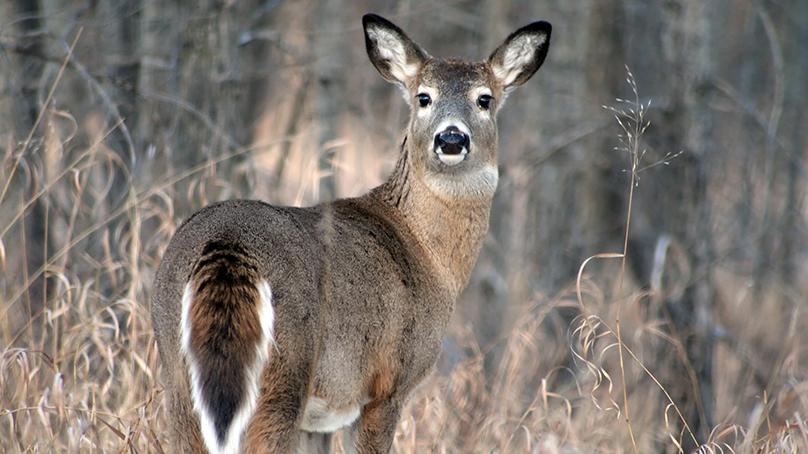
Pet owners in Winnipeg need to be aware of several new rules coming this summer.
Effective July 1, 2022, we’re updating the Responsible Pet Ownership By-law with new requirements in several categories for owners and businesses.
“Best practices in animal welfare and control have evolved since we first introduced the Responsible Pet Ownership By-law in 2013,” said Leland Gordon, the City’s General Manager of Animal Services. “The recent by-law review gave us an opportunity to engage pet owners, businesses, and animal welfare organizations to understand how we can modernize these regulations to improve the health and safety of pets and communities.”
Owner responsibilities

Pet owners have several new responsibilities to keep in mind when caring for their animals. Dogs are now prohibited from being chained or housed outside for extended periods of time, and supervision is required when dogs are outside. This helps minimize the impact of dogs on neighbourhoods, prevents negative behavioural changes, and protects them from exposure to fleas, ticks, mosquitos, or other dangers.
There are also several new rules related to weather and pet safety. Pets are now prohibited from being left unattended in vehicles when it’s 22 C or warmer or -10 C or colder (this doesn’t apply to running vehicles with working air conditioning or heating systems). Cycling with your dog in temperatures 22 C or above is also prohibited to prevent heat exhaustion and burnt paw pads.
Coexistence with wildlife
Using body hold or glue traps outside is now prohibited. These traps can cause injury or death to ensnared animals, and can also kill and injure animals that aren’t targeted, such as dogs, cats, and birds.
The outside use of rodenticides – pest control products that target mice, rats, and other rodents – is now prohibited unless conducted by licensed pest control companies or governmental agencies. Live release traps are still permitted, but users must check them at least once per day and release or humanely euthanize any entrapped animals.
Feeding wildlife is also now prohibited (with the exception of birds) to prevent overpopulation of urban wildlife and reduce conflict with humans.
Intact pet licenses
Spaying or neutering your dog or cat helps create a safer community, and is important for keeping your pets healthy and happy. Residents who do wish to keep their dog or cat intact (not neutered or spayed) are now required to maintain active veterinarian care, and have a history of responsible pet ownership – including no current or previous ownership of at-risk or dangerous animals.
Anyone who doesn’t meet these requirements will not be able to maintain an intact pet license, and will have to spay/neuter their pets.
Breeding
Dog and cat breeders in Winnipeg must now obtain a breeder permit. The permit places a number of requirements on breeders, including active veterinarian care, inspections of the breeding property, and a history of responsible pet ownership.
Each female dog or cat is limited to one litter per year, and no more than four litters over their life.
Dog daycares
Until now, dog daycares have been generally unregulated. New requirements for daycare owners will help ensure the safety of staff and pets, including mandatory dog assessment and staff training, and minimum safety and cleaning standards for facilities.
Separate play areas must be used for small and large dogs, with a minimum of 20 sq. ft. per dog in small dog areas, and 35 sq. ft. per dog for large dog areas. Dog groups also must have at least one staff member for every 25 small dogs, and one staff member for every 20 large dogs.


